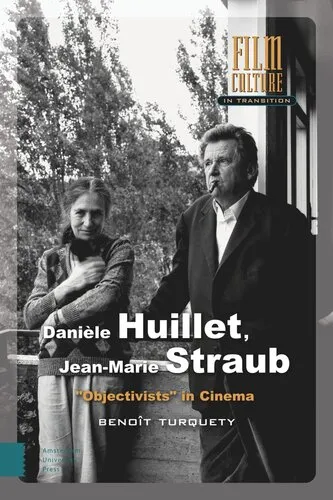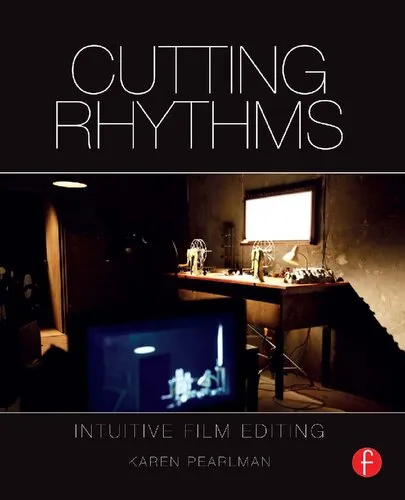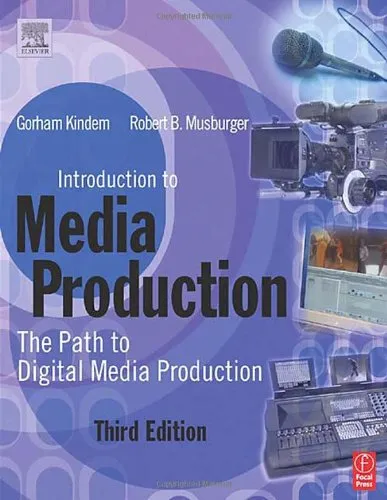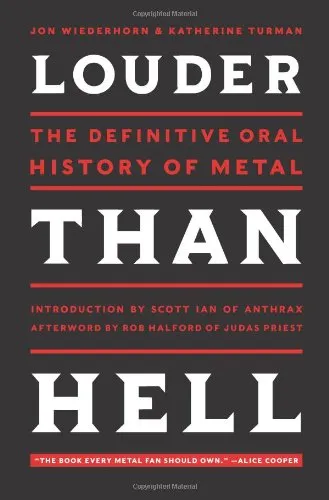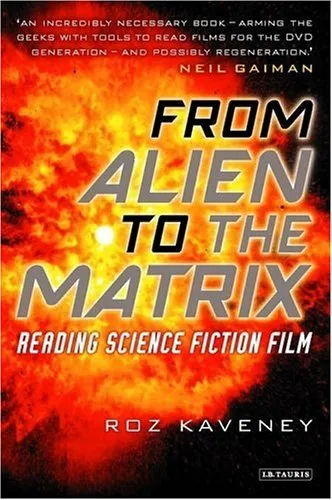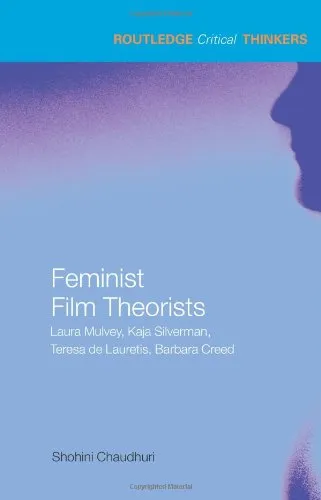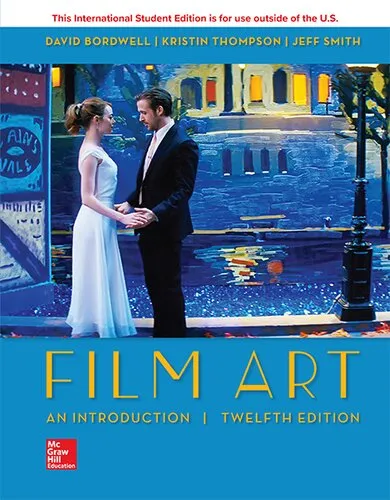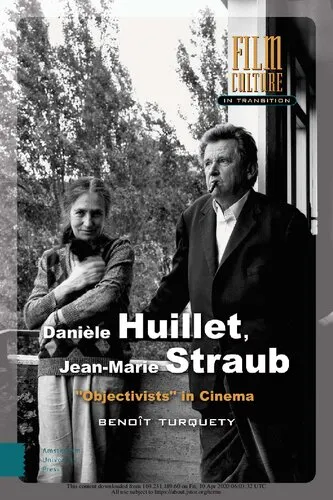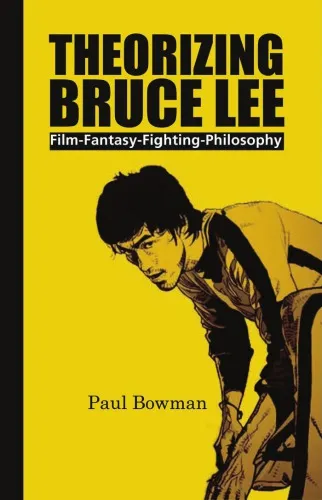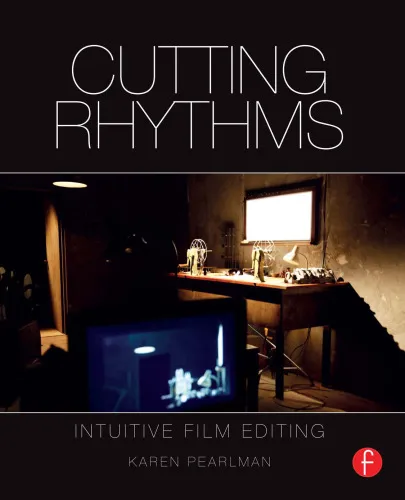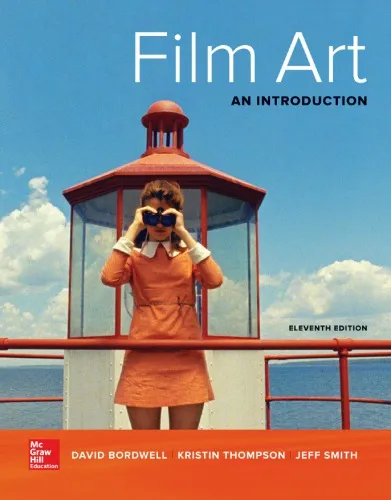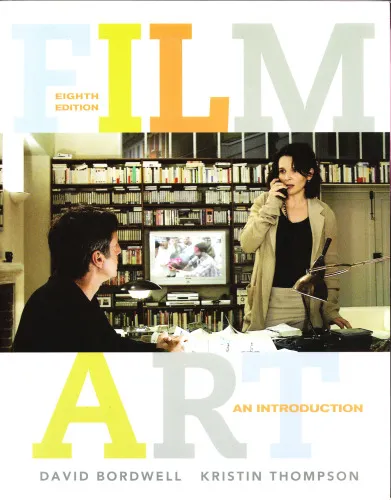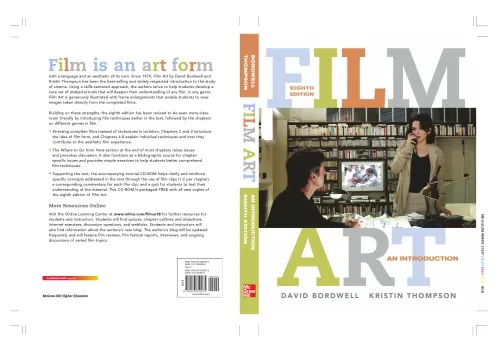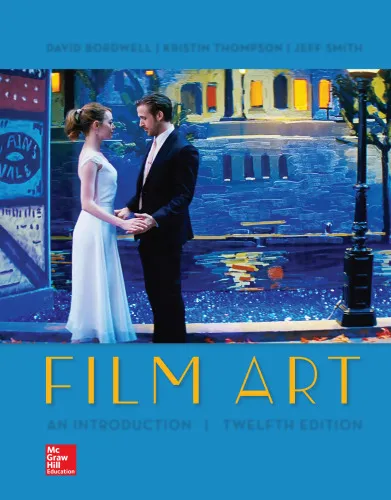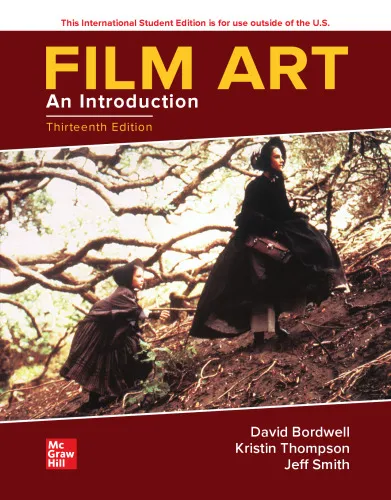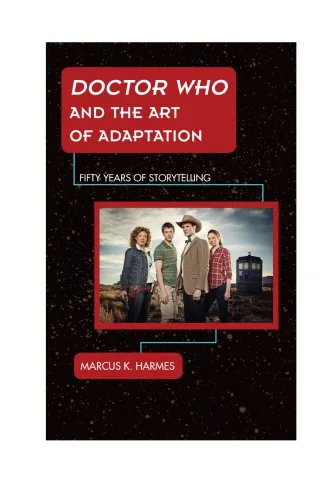Danièle Huillet, Jean-Marie Straub: "Objectivists" in Cinema
5.0
Reviews from our users

You Can Ask your questions from this book's AI after Login
Each download or ask from book AI costs 2 points. To earn more free points, please visit the Points Guide Page and complete some valuable actions.Related Refrences:
Introduction to "Danièle Huillet, Jean-Marie Straub: 'Objectivists' in Cinema"
"Danièle Huillet, Jean-Marie Straub: 'Objectivists' in Cinema" delves into the profound cinematic journey of two of the most uncompromising filmmakers of the 20th and 21st centuries. Danièle Huillet and Jean-Marie Straub redefined the possibilities of cinema as both an art form and a socio-political discourse, challenging conventions with their rigorous, methodical, and deeply intellectual approach to filmmaking. My intention with this book is to chart their groundbreaking artistic philosophy—a philosophy deeply rooted in materialism, labor, and community—and connect it to broader cultural and historical contexts. Through this study, I argue that their cinema epitomizes what it means to be true "Objectivists" in the realm of art and ideas.
Detailed Summary of the Book
The book explores the lives and works of Danièle Huillet and Jean-Marie Straub over several decades, analyzing the meticulous ideological, aesthetic, and technical choices that define their cinema. Huillet and Straub’s artistry is deeply influenced by literature, music, and revolutionary politics, taking inspiration from key figures like Brecht, Hölderlin, and Kafka. I trace how their ethos of collaboration, radical honesty, and economy of expression finds its way into every frame of their films.
At its core, this book describes how the duo’s work challenges the spectator to view cinema not as a vehicle for escapism or entertainment but as a participatory art form capable of disrupting conventional narratives. Their minimalist yet profound editing style, utilization of non-professional actors, and emphasis on authentic landscapes express their devotion to a kind of cinematic "truth." Furthermore, the book discusses the collaborative dynamic between Huillet and Straub, revealing how their egalitarian working relationship inverts traditional roles within the film industry.
Through close readings of their major works—such as Chronicle of Anna Magdalena Bach, Class Relations, and These Encounters of Theirs—I explore their commitment to political resistance, historical reflection, and philosophical inquiry. This dedication renders their films timeless and often inaccessible, but also deeply rewarding to those willing to engage with their complexities.
Key Takeaways
- Huillet and Straub's films are rooted in a profound respect for art, literature, and music, treating their chosen texts as collaborators rather than mere source material.
- Their approach to cinema prioritizes truthfulness in sound, image, and performance, opposing the artifice frequently found in mainstream filmmaking.
- They redefine the relationship between the filmmaker, audience, and cinematic medium, building works that demand active engagement and intellectual effort from the viewer.
- Collaboration and equality were central themes—not only in their political ideals but in the way they created and distributed their films.
- The concept of "Objectivity" in their work arises not from detachment but from a disciplined, materialist focus on the world as it is—unfiltered but deeply interrogated.
Famous Quotes from the Book
"For Danièle Huillet and Jean-Marie Straub, cinema is not merely an image projected on a screen; it is a dialogue with history, silence, and life itself."
"The cinema of Huillet and Straub does not provide answers. It demands questions—and demands them of anyone who encounters it."
"Their minimalist cinema does not reflect the world; it pierces through it, revealing layers of meaning previously unseen."
Why This Book Matters
As we navigate a cinematic landscape increasingly dominated by formulaic narratives and commodification, Huillet and Straub’s oeuvre offers an urgent counterpoint. Their films are a form of resistance—against softening the complexities of real life, against the homogenization of cultures, and against the erasure of individual labor and voices. In capturing their work in this book, I aim to inspire a renewed understanding of cinema as a platform for critical thought, artistic rigor, and communal dialogue.
This book matters for every student, critic, or lover of cinema seeking a deeper appreciation of what it means to create art with integrity. By showcasing the lives and philosophies of Huillet and Straub, I hope to spark discussions that extend far beyond their films—to questions of art, ethics, and activism in our current age.
Danièle Huillet and Jean-Marie Straub are not just filmmakers; they are philosophers of the moving image. Their legacy compels us to rethink the role of cinema in shaping a society that values truth, justice, and collective action. My book is both a tribute to their monumental contributions and an invitation to engage with their work anew.
Free Direct Download
You Can Download this book after Login
Accessing books through legal platforms and public libraries not only supports the rights of authors and publishers but also contributes to the sustainability of reading culture. Before downloading, please take a moment to consider these options.
Find this book on other platforms:
WorldCat helps you find books in libraries worldwide.
See ratings, reviews, and discussions on Goodreads.
Find and buy rare or used books on AbeBooks.
1591
بازدید5.0
امتیاز0
نظر98%
رضایتReviews:
5.0
Based on 0 users review
Questions & Answers
Ask questions about this book or help others by answering
No questions yet. Be the first to ask!
